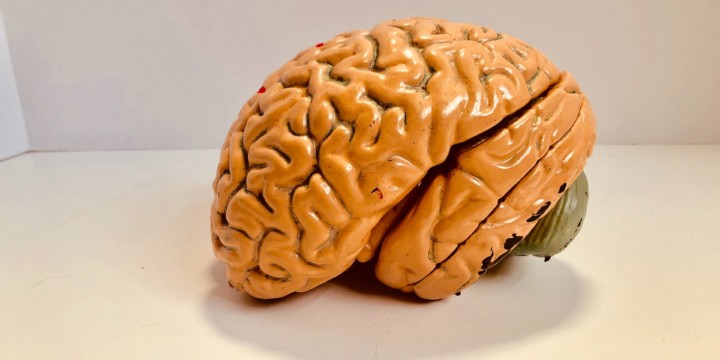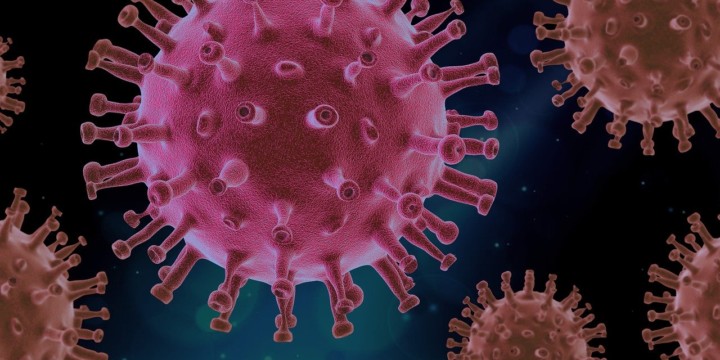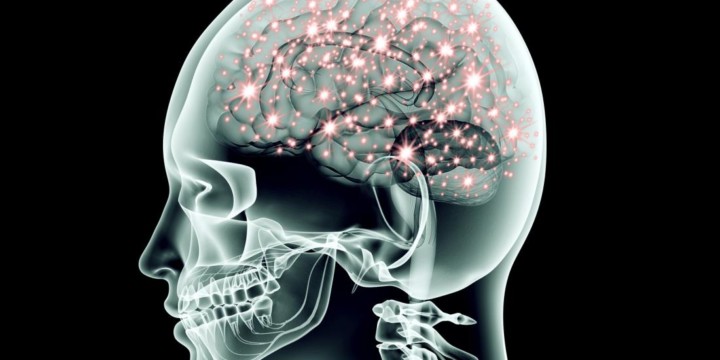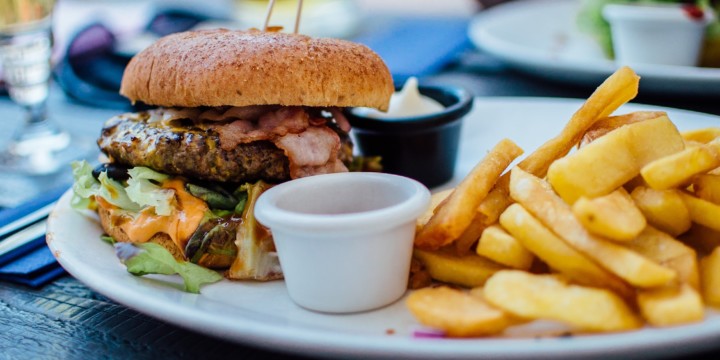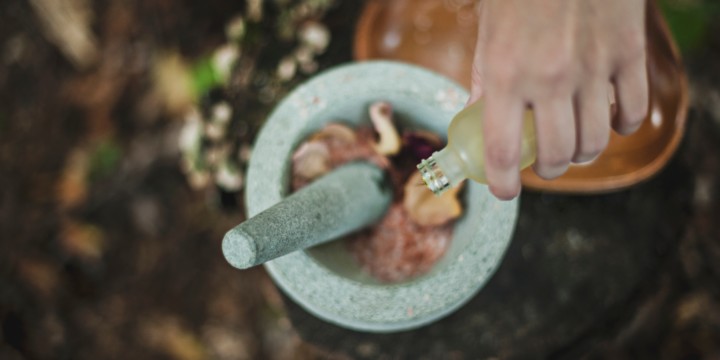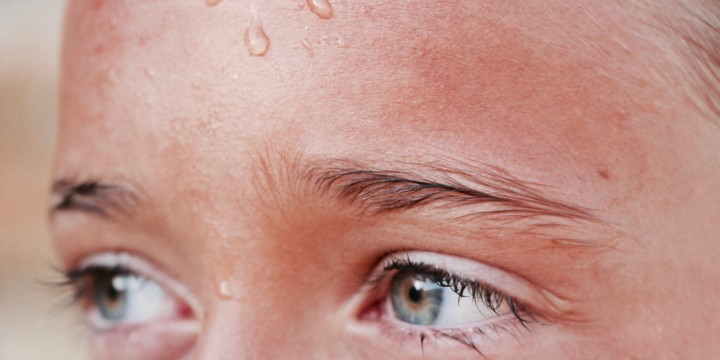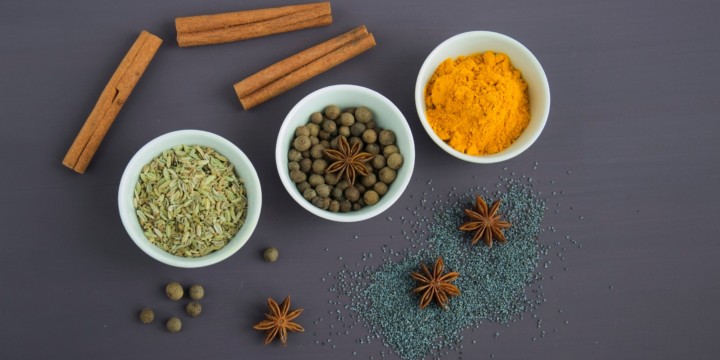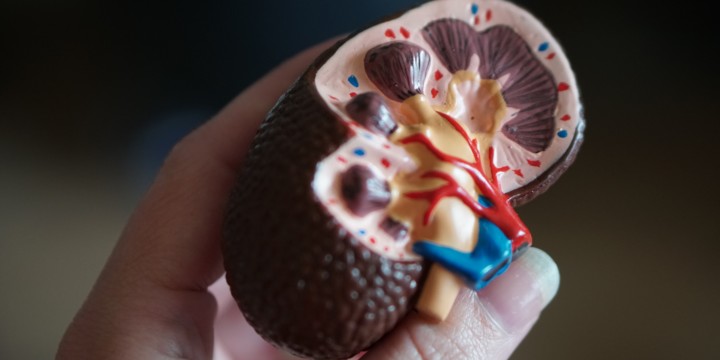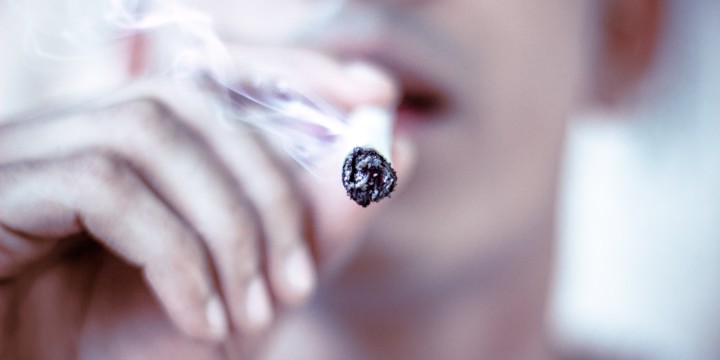Physiology of Crohn’s Disease
It is a non-contagious disease of the gastrointestinal tract caused due to chronic inflammation. The disease may also cause obstruction of the small intestine. It primarily causes ulcerations of the small and large intestines but can affect the digestive system anywhere from the mouth to the anus. Men and women are affected equally. Crohn’s disease tends to be more common in relatives of patients with Crohn’s disease.
Causes
- Diet can affect and trigger Crohn’s disease
- Bacteria, eg: mycobacterium (not a definitive cause) known to be one of the causative agents for Crohn’s diseases
- Smokers tend to be more affected by Crohn’s disease than non-smokers
- Osteoporosis
Symptoms
- Abdominal pain
- Diarrhea
- Vomiting
- Fever
- Bloody diarrhea
- Anal fistula
- Perirectal abscesses
- Weight loss
- Reddish tender skin nodules
- Inflammation of joints, spine, eyes, and liver
Treatment in Allopathy
The diagnosis of Crohn’s disease is made by barium enema of the small bowel
Colonoscopy is the diagnostic tool of choice in Crohn’s disease as a biopsy can be taken in the same procedure for confirmation of the disease
CT and MRI enterography can be used to see the extent of the disease clearly
Video capsule endoscopy (VCE), recent advanced technology, non-invasive, convenient for the patient and the healthcare staff
Based on the results of the diagnosis a treatment is planned
Since there is no cure for Crohn’s disease, the goals of treatment are to maintain remissions, minimize the side effects of treatment, and improve the quality of life.
- 5-ASA (5- aminosalicylic acid) compounds are used to reduce inflammation
- Corticosteroids act systemically, reducing inflammation in the body
- Immunomodulators make the body less reactive to the disease by suppressing the immune system
- Antibiotics in presence of infection with inflammation
- Antidiarrheal agents to relieve symptoms and abdominal cramps
- Since fiber is poorly digestible, it can worsen the symptom. A low fiber diet for Crohn’s disease may be recommended,
- Intravenous nutrition may be utilized when it is felt that the intestine needs to “rest.”
- Supplementation of calcium, folate and vitamin B12 is helpful when malabsorption of these nutrients is apparent.
Ayurveda and Crohn’s Disease
According to Ayurveda, Crohn’s disease is a combination of Vatika Grahani (ulceration of small intestine), Udar Roga (cramping of the intestine), and Pitta-athisara (diarrhea due to an imbalance of Pitta).
Most of the diseases related to digestive system result because of vitiation of Agni resulting in a build-up of toxins or Ama in the body. Stress also causes an imbalance of Vata Dosha. In Crohn’s the acute aggravation of pitta and vata dosha further leads to vitiation of Kapha dosha as well resulting in inflammation of the stomach lining resulting in ulcers, cramping and bloody stools.
Treatment of Crohn’s Disease in Ayurveda
The treatment of Crohn’s disease focuses on removal of toxins from the body through Panchakarma, if the patient is very emaciated and weak, first Shaman Chikitsa or Palliative care is carried out to build the strength of the patient before undertaking any intensive cleansing program. After cleansing, rejuvenation of the body is undertaken.
Mrudu Virechana (induced purgation) treat the vata dosha and eliminates pain
Anuvasana Basti (medicated oil enema) and Basti (medicated enema) enhances the healing process and reduces the inflammation and irritation of the gut
Vamana Karma (induced emesis) is performed only in the initial stages of the disease to treat ama accumulation
Abhyanga and swedana are used for systemic detoxification, reduce stress and to strengthen the immune system.
Along with this fasting and frugal diet is prescribed for a few days to aid in the detoxification process. A person is advised to eat only when really hungry.
Diet modifications
- Healthy liquid diet in the form of soup is advised
- Increase in water consumption is advised to heal the damaged cells and maintain electrolyte balance
- Low fat and low fiber diet is advised
- Raw fruit and vegetable juices provided a good source of nutrition
- Tender coconut water help replenish the necessary minerals lost due to the disease and sooth the mucosal lining of the intestine
- Legumes, buttermilk, yogurt can be consumed
- Fried oil food, ferment produce, peas, potato, jaggery is better avoided
- Avoid coffee, tea, and alcohol
Lifestyle modifications
- Maintaining a stress-free lifestyle is a key to treating Crohn’s disease
- Surrounding oneself with a clean and calm environment is a great way to reduce stress
- Regular exercise, yoga, and pranayama is beneficial in reducing the symptoms of the disease
- Maintaining a regular sleep pattern is necessary to repair the damaged cells and strengthen the immune system
- Substance abuse in any form should be totally stopped
Ayurvedic herbs
Kutaja (Wrightia antidysenterica), Arjuna (Terminalia Arjuna), Dhaniya (Eryngium foetidum), Jatiphala (Myristica fragrans), bilva (Aegle marmelos), Guduchi (Tinospora Cordifolia) and prawal (Praval pishti) are antidysenteric, anti-inflammatory and detoxifying drug helpful in reducing symptoms and improving the digestive function of the body.
Yoga and Pranayama
Parighasana (gate pose), Ardha Matsyendrasana (half seated spinal twist), jathara parivrtti (reclining abdominal Twist), Salamba Setu bandhasana (supported bridge pose) and Ananda balasana (happy baby pose) promotes a downward flow of energy and assists in the better functioning of the digestive system.
Dirgha or three part breathing is a long, slow breathing through the nostrils that aims to use the full capacity of lungs. This form of pranayama has been proven to reduce the severity of the disease and reduce exacerbation.
However, Kapalbhati or skull polishing breathing is better avoided, as it can aggravate the course of the disease.
Naturopathy and Crohn’s Disease
Naturopathic management of Crohn’s disease addresses the frequency, severity of the episodes and prevents complications. The treatment aims to reduce inflammation and heal the lining of the intestines. Your Naturopathy doctor would carry a detailed analysis of your lifestyle, diet, emotional health and stress levels to chalk out a personalized treatment plan.
Treatment of Crohn’s Disease in Naturopathy
The Naturopathy treatment relies on first carrying out the detail blood work of the patient to identify food allergies, sensitivities and intolerance. A comprehensive stool analysis is also carried out to identify inflammatory markers, digestion levels, bacterial overgrowth, parasites, and beneficial gut flora. The first line of treatment then involves a gentle detoxification, modification of diet, reducing inflammation and healing of the intestinal lining by using herbs, resolving nutritional deficiencies, elimination of bad gut bacteria and fungus overgrowth, and repopulating beneficial gut flora. Mental and emotional well-being is given equal importance.
Detox
The detox consists of medicated enema, colon hydrotherapy, fasting, liver and kidney packs, mud packs, massages, sauna, steam, and hydrotherapy.
Diet Modification
- First of all the food allergies and intolerances are identified and those food items are eliminated from the diet. Generally, dairy, gluten, peanuts, eggs, tree nuts, and shellfish. An IgE test can be done to identify food allergies. Bowel rest is advised by consuming a liquid diet for a couple of days during exacerbation
- Liquid diet should consist of fruit and vegetable juices rich in vitamins and minerals
- Prebiotic foods such as asparagus, banana, and honey are excellent to Crohn’s diet.
- Lactose-free diet is beneficial to prevent further attacks
- High-calorie diet, low fat, low fiber and low salt diet is advised
- Avoid refined sugar and artificial sweeteners
- Carbonated drinks, alcohol and caffeine is better avoided
- Wheat products, cereals, corn, oats, dairy, bakery produce, and pork are known to worsen the symptoms, hence better avoided
- Nutritional supplements are advised to combat deficiency and energize the immune system
Lifestyle modifications
- Stress management is the first goal to be achieved while dealing with Crohn’s disease. Yoga Nidra, meditation, Yoga and Pranayama are beneficial.
- Hydrotherapy is an excellent method to stimulate self-healing mechanism
- Moderate physical exercises are recommended
- Detoxing the living environment is also essential
Botanical herbs
- Aloe Vera is known to heal the mucosal damage caused due to the disease
- Grape seed extracts are rich in nutrients and replenish for their loss caused due to the disease
- Wild oregano oil is an anti-inflammatory agent helpful in healing internal and external hemorrhoids due to the disease
- Psyllium seeds are used in diarrhea caused due to the disease
- Curcumin is a potent anti-inflammatory agent and beneficial in reducing secondary infection and inflammation caused due to the disease.
- Frankincense and lemongrass essential oils are helpful in reducing inflammation in the body.

